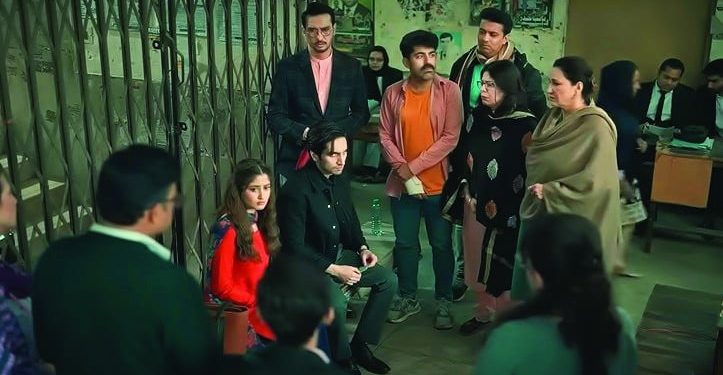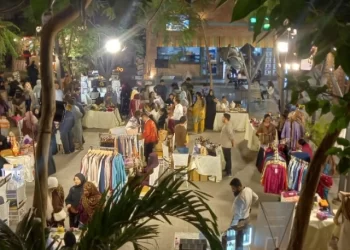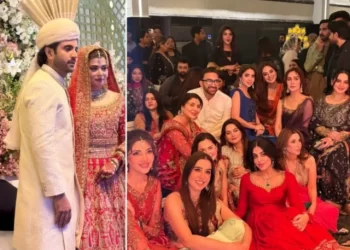What ‘Dil Wali Gali Mein’ gets right about joint families
Let’s get this out of the way: I live in a joint family. If you do too, you know exactly what that entails. The experience might be too vast to put into words, but worry not, because Durdana from Dil Wali Gali Mein summarised it in one short sentence in Episode 4. Mujji’s mother off-handedly yet aptly declared that families don’t trade in apologies or gratitude.
If you’re even slightly aware of how familial relationships work on this side of the world, you might find yourself nodding along to these words of wisdom. Except, anything sounds wise if heard in isolation; it feels ideal, even. But living in a joint family system isn’t the piece of cake that an outsider might see it as.
That being said, the ending of Dil Wali Gali Mein didn’t just draw the curtain on Deeju and Mujji’s love story but also brought the overarching theme – the serial’s selling point – full circle. Just ask Deeju and Mujji, whose rocky married life promises nothing but the reminder that no village of love is without its faults – a reality that you and I are painfully familiar with. Aside from chronicling a love story for the hopeless romantics to lament over, it tells the tale of you, and I, and all of us combined.
Beyond one type of love
Unlike Deeju and Mujji, however, you don’t have to be married to understand this fly in the ointment, though marriage does become a tempting object to intrude upon. The hurricane blames the butterfly, and all that.
Dil Wali Gali Mein shows us what it’s like being part of a joint family system. It delineates trouble in paradise, sketching a polyptych of prickly family heads, pestering relatives, and petty grudges. It traces fine lines over a smooth canvas before painting it over and over with bold strokes. It contrives false perfection, just to show you how bitter reality can get.
But like those unsaid sorrys and thank-yous, these are not things you are meant to say out loud. Sometimes, you don’t even allow yourself to feel them.
As a cog in this machine, you’re probably not a stranger to pleasing everyone who breathes the same air as you do. There may be times when your home, which for others usually consists of a small family, feels too large for you. It is difficult to evade the feeling when you know you’re being observed and sometimes governed by more than just your parents. It makes autonomy conditional.
There may be times when you feel you’re over-extending yourself, pushing boundaries that are already blurry for you, letting your space be invaded. But you can’t help yourself. That’s just life for you now, or it has been your life ever since you were born.
You’re used to indulging your relatives. You enjoy it, even. But you also graciously host resentment, too. You can’t help it. The door to your room is wide open and anyone can enter. Anyone at all.
The problem, though, is that it’s not entitlement if it’s coming from a loved one, right? That’s just how things are when you’re all living under the same roof.
Surely, they mean well when they impose restrictions on your lifestyle or make their grudges your problem. Surely, there is a bright side to Deeju being coerced into accepting her in-laws’ tutoring business to spare them the pain of hiring new faculty. Surely, the most reasonable way out of these trials is to court patience and be the bigger person. But how long do you wait until that patience turns venomous?
A resonating theme
Last year, we saw similar patterns in Noor Jahan – a serial that drove the point home by giving the protagonist and the antagonist the same first name. Although this one was a fitting fusion of politics and domestic power, the hearts of the two serials beat with the same rhythm and echo the same message.
Noor Jahan made us realise that you don’t truly know someone until you start living with them, for better or for worse. Like Noor Bano, you can very easily become a piece on someone else’s board, a pawn in someone else’s game, until you start playing back. But let fire fight fire, and everything in between catches flames.









